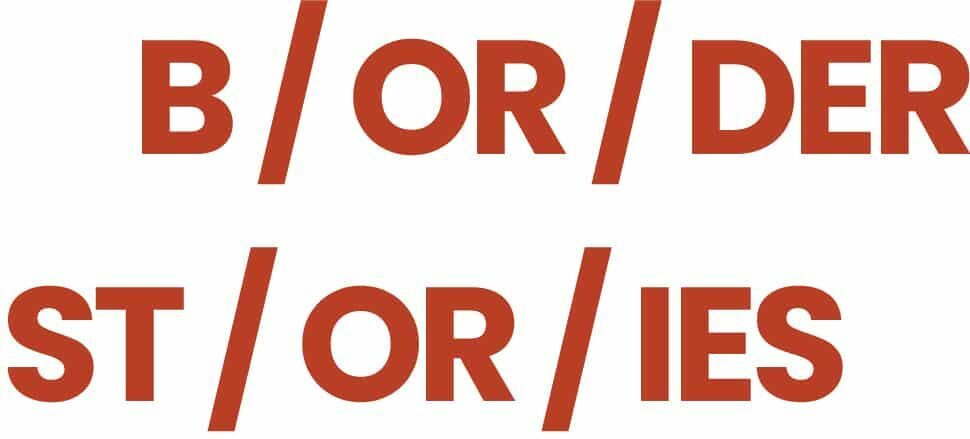Pigeonhole thinking: The criminalisation of border trade
Station DER ST/: il/legal border trade
As trading hubs for international flows of goods, border towns are places of opportunity. Due to different currencies and import regulations of neighbouring countries, there is scope for business. However, the types of opportunities that arise are related to social positions. And even if it is basically the same practice: who ends up being called an official exporter or being illegalised as a smuggler at the border has to do with global trade monopolies and interpretive power.
In many parts of the world, border areas and their inhabitants are tainted with prejudice. They are seen as seedy areas with high crime and HIV rates, full of corrupt border officials, human traffickers and illegal smuggling gangs. However, such biased assessments often do not match the realities and perspectives of the local people who live on the border. For example, informal trade in the borderlands may be perceived as a legitimate survival strategy. And even if the official export of raw materials from the Global South to the North takes place legally, it can also be seen as unethical exploitation. n closer inspection, therefore, economic border activities do not simply appear black and white.
